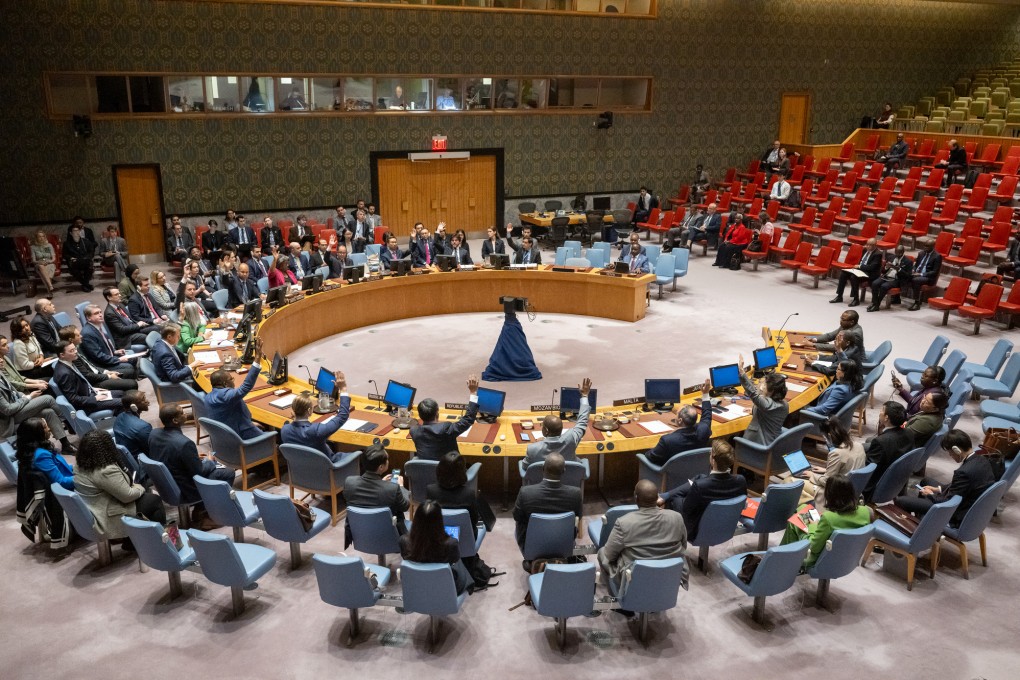Advertisement
Opinion | UN must give middle powers greater say or risk losing relevance
The post-World War II global system cannot build consensus, prevent wars or impose costs on aggressors without involving the middle powers
Reading Time:3 minutes
Why you can trust SCMP
6

As the new 79th session of the United Nations General Assembly opened last week, its member states faced a dark and gloomy global context amid the UN’s own waning credibility.
Advertisement
When the UN was set up towards the end of World War II, its key purpose was to prevent global wars. Its member states were supposed to achieve this through both peaceful dialogue as well as coercive measures against renegade states. Decades later, amid Russia’s invasion of Ukraine and Israel’s war in Gaza, there are concerns the UN has lost its ability to prevent or even deter states from invading each other.
In the past few days, both wars have escalated and broadened. Last week, Russian President Vladimir Putin issued a warning that his country would use nuclear weapons if it was struck by conventional missiles. Meanwhile, fears of a region-wide war in the Middle East were sparked when an Israeli air strike killed Hassan Nasrallah, chief of the Iran-backed militia Hezbollah.
Amid the fighting, the UN’s own personnel have also become targets. Last year marked the deadliest year on record for humanitarian workers worldwide. Since last October, more than 280 aid workers have been killed in Gaza alone, many of them staff members of the UN agency helping Palestinian refugees in Gaza and elsewhere in the Middle East. Similar violence has been directed against humanitarian workers in Ukraine.
Yet despite the mounting casualties, world powers have been unable to come together to take action. In the aftermath of the Cold War, US influence often helped cobble together consensus at the UN Security Council. That era came to an end following the US-led invasions of Iraq and Afghanistan, which left the leadership of the UN heavily diluted.
Advertisement
Consequently, the use of the veto by members of the Security Council has risen in the past 10 years as world powers have prioritised their narrow geopolitical interests over international norms. Between January 2022 and April 2024, permanent council members used their veto 18 times. For context, the veto has been used 320 times since the UN’s inception.

Advertisement
